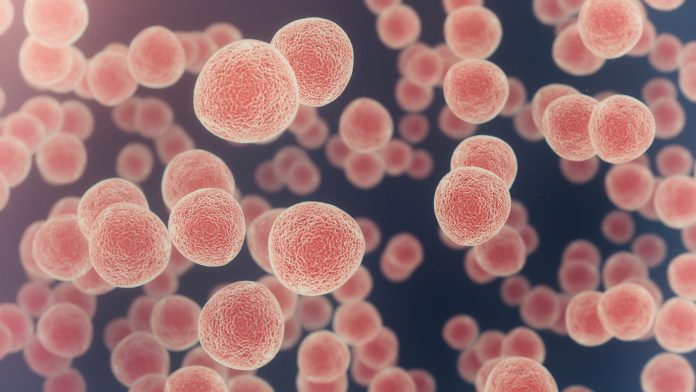In a recent study, researchers at the University of California San Diego have developed an experimental treatment made from a plant virus that shows effectiveness in protecting against a broad range of metastatic cancers in mice
The treatment uses nanoparticles derived from the cowpea mosaic virus, which naturally infects black-eyed pea plants. The results are promising, with improved survival rates and suppression of metastatic tumours in various cancer models, including colon, ovarian, melanoma, and breast cancer.
Fighting cancer
The innovative treatment, led by Nicole Steinmetz, a professor of nanoengineering and director of the Center for Nano-ImmunoEngineering at UC San Diego, builds on earlier research that demonstrated the potential of cowpea mosaic virus nanoparticles to stimulate the immune system to fight cancer.
Initially, these nanoparticles were injected directly into tumours to trigger an immune response. Despite being non-infectious in mammals, the immune system recognises the virus as foreign, setting off a response against both existing and future tumours.
Systemic administration of the nanoparticles
In the latest study, Steinmetz and her team revealed that direct injection into tumours is unnecessary. Instead, systemic administration of the nanoparticles significantly improved survival rates. “Here, we do not treat established tumors or metastatic disease — we prevent them from forming,” explained Steinmetz. “We are providing a systemic treatment to wake up the body’s immune system to eliminate the disease before metastases even form and settle.”
To create these nanoparticles, researchers developed black-eyed pea plants in the lab, infected them with the cowpea mosaic virus, and harvested millions of virus copies in the form of ball-shaped nanoparticles. These nanoparticles required no further modification before use in experiments.
The efficacy of the treatment was tested in mouse models of colon, ovarian, melanoma, and breast cancers. Mice injected with the nanoparticles and later challenged with metastatic cancer tumours exhibited improved survival rates and reduced tumour growth compared to untreated mice. The treated mice maintained similar outcomes even when faced with new tumours a month later.
Another significant finding was the treatment’s effectiveness post-surgery. Administering the nanoparticles after surgically removing tumours resulted in better survival rates and decreased tumour regrowth. “Even if you perform surgery to remove the tumours, no surgery is perfect, and there is outgrowth of metastasis if no additional treatment is provided,” noted Steinmetz. “Here, we use our plant virus nanoparticles after surgery to boost the immune system to reject any residual disease and prevent circulating tumour cells from metastatic seeding. We found that it works well!”
The next steps for the research team include preparing for clinical trials, conducting safety studies, and exploring the treatment’s efficacy in pet animals with cancer. Future studies will also look into the mechanisms underlying the immune-boosting properties of the cowpea mosaic virus nanoparticles.











